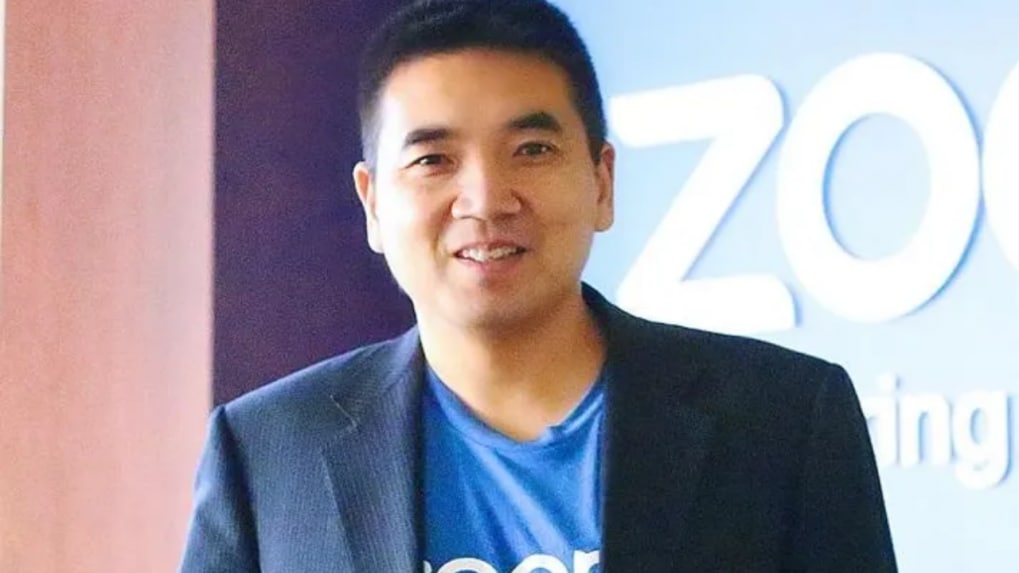Advertising
From Pink Slips to Silent Sidelining: Inside adland’s layoff and anxiety crisis

Zoom’s chief executive Eric Yuan has joined the chorus of prominent technology leaders predicting that artificial intelligence will dramatically reshape the workplace, potentially making the traditional five-day workweek redundant.
In an interview with The New York Times, Yuan said he believes AI adoption will allow companies to move towards three- or four-day weeks. Yuan said that if AI can make all of people's lives better, why do they need to work for five days a week? He backed the notion that every company will support three days, four days a week, and that it will ultimately frees up everyone’s time.
The Zoom boss acknowledged that technological disruption inevitably alters job markets. While some entry-level roles — such as junior engineers — may be replaced by AI systems capable of writing code, he stressed that oversight and management would still be essential. He explained that whenever there’s a technology paradigm shift, some job opportunities are gone, but it will create some new opportunities. A lot of digital agents are also created, and someone is required to manage those agents.
The debate around AI’s impact on employment continues to divide opinion. Anthropic CEO Dario Amodei has warned that widespread white-collar job losses could follow, while Google DeepMind chief Demis Hassabis has suggested that Artificial General Intelligence (AGI) within the next decade could herald a “golden era” of “radical abundance.”
Yuan’s comments echo earlier predictions by Microsoft co-founder Bill Gates and Nvidia CEO Jensen Huang. In 2023, Gates told Trevor Noah on a podcast that “if you eventually get a society where you only have to work three days a week, that’s probably OK.”
Huang, however, has cautioned that reduced workweeks may not automatically translate to more leisure. He argued that while a four-day week could become feasible, the intensity of work might increase as employees try to fit the same — or greater — volume of tasks into fewer days.
From purpose-driven work and narrative-rich brand films to AI-enabled ideas and creator-led collaborations, the awards reflect the full spectrum of modern creativity.
Read MoreLooking ahead to the close of 2025 and into 2026, Sorrell sees technology platforms as the clear winners. He described them as “nation states in their own right”, with market capitalisations that exceed the GDPs of many countries.